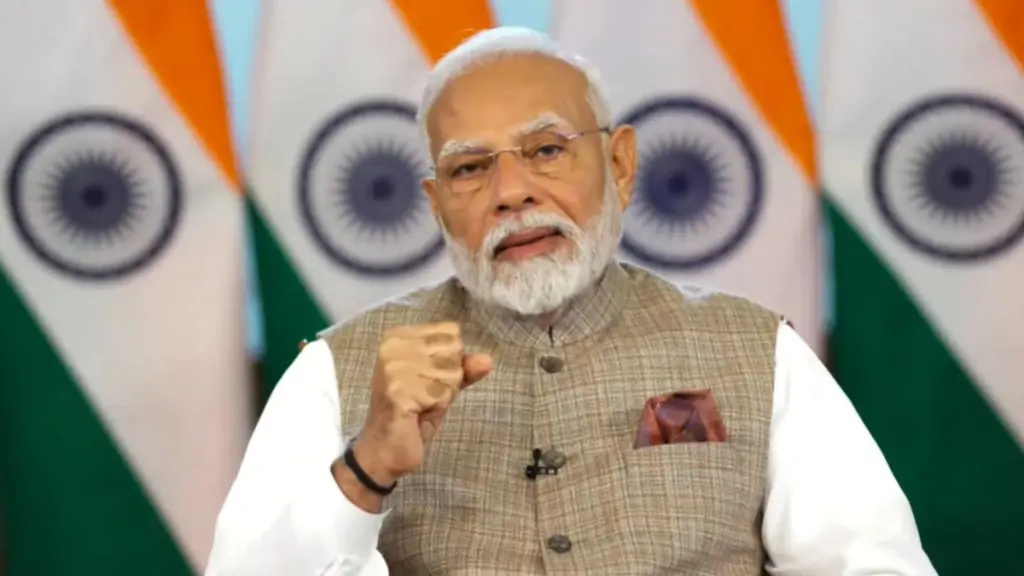Regime change in South Asia
Posted on August 20th, 2024
Written by
India must step up engagement with neighbours to ensure that they have a greater stake in our growth story.

Regime changes in an unstable region present serious challenges for India’s neighbourhood first policy. Besides the growing role of China in South Asia, there is the need to address the desire of neighbours to seek more strategic autonomy in their relationship with India. There is an interim government in Bangladesh after its longest serving Prime Minister Sheikh Hasina — with whom India had a favourable relationship — fled the country due to mass protests. Last month, the game of thrones in the Himalayan nation of Nepal saw the return of KP Sharma Oli as the PM for the fourth time in an alliance with the Nepal Congress. Earlier this year, Shehbaz Sharif was re-elected as PM of Pakistan. Next month, presidential elections are due to be held in Sri Lanka. As the dominant economic power in the region, India must engage with these new regimes on the basis of mutual interests and reciprocal sensitivity, and develop economic interdependencies even as they also engage with China to further their ambitions on economic development.
The benefits of engagement — regardless of whether or not the new regimes are pro-China — are visible in India’s evolving relationship with the Maldives and Sri Lanka. To be sure, our bilateral relations with the Maldives initially passed through testing times with its President Mohamed Muizzu formally requesting India to withdraw its military presence from that nation. But the times are a-changing as Muizzu attended the swearing-in ceremony of PM Narendra Modi. During India’s external affairs minister S Jaishankar’s recent visit, Muizzu’s office issued a statement that India has always been one of the closest allies and invaluable partners, facilitating and providing aid whenever the Maldives has needed it”. Even the Maldives’ political opposition lauded the Muizzu government’s sudden recalibration” of its India policy. Sri Lanka, too, was a major beneficiary of India’s timely aid and assistance when it passed through a severe economic crisis a couple of years ago that led to a more favourable stance towards India vis-à-vis China.
To further its neighbourhood first policy, India must push greater regional integration through connectivity initiatives so that these nations have a greater stake in its growth story. India may not be able to match the Chinese in chequebook diplomacy but it can certainly allow neighbours to export more to us to blunt the edge of their resentment of registering only growing trade deficits with India. Due to tensions with Pakistan, India has preferred alternative groupings like the Bay of Bengal Initiative for Multi-Sectoral and Economic Cooperation (BIMSTEC). But there is no reason why inking a free or preferential trade agreement with BIMSTEC is taking so long. It must be fast-tracked to give our immediate neighbours more prosperity through trade. Otherwise, they will look elsewhere like the Regional Comprehensive Economic Partnership.
Reliance’s Mango Empire: How Mukesh Ambani transformed barren lands into Asia’s largest orchard
Are monopolies and duopolies bad?
IIT Indore’s High-Tech Footwear: A Major Breakthrough for the Indian Armed Forces
Dealing with regime changes also entails deploying more resources and diplomatic personnel to be abreast of fast-breaking developments. The sudden meltdown in Bangladesh took India completely by surprise. In this regard, former foreign secretary Shyam Saran’s observations in media reports deserve to be taken seriously: We have been talking about the neighbourhood first policy for quite some time, but do we have the established wherewithal and resources that must be deployed to give substance to it? Take human resources deployment, you can’t have a ministry for external affairs that has only a couple of persons dealing with neighbouring countries.”